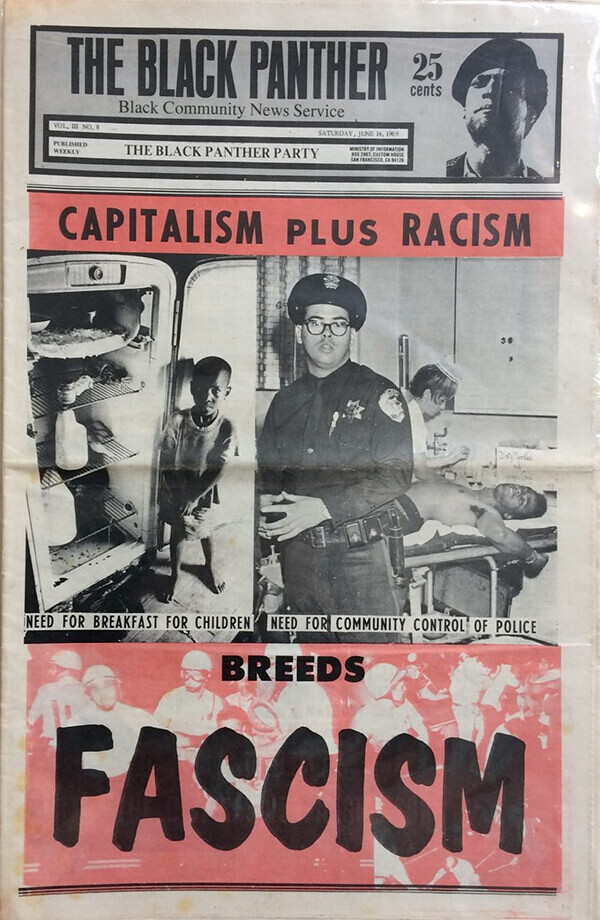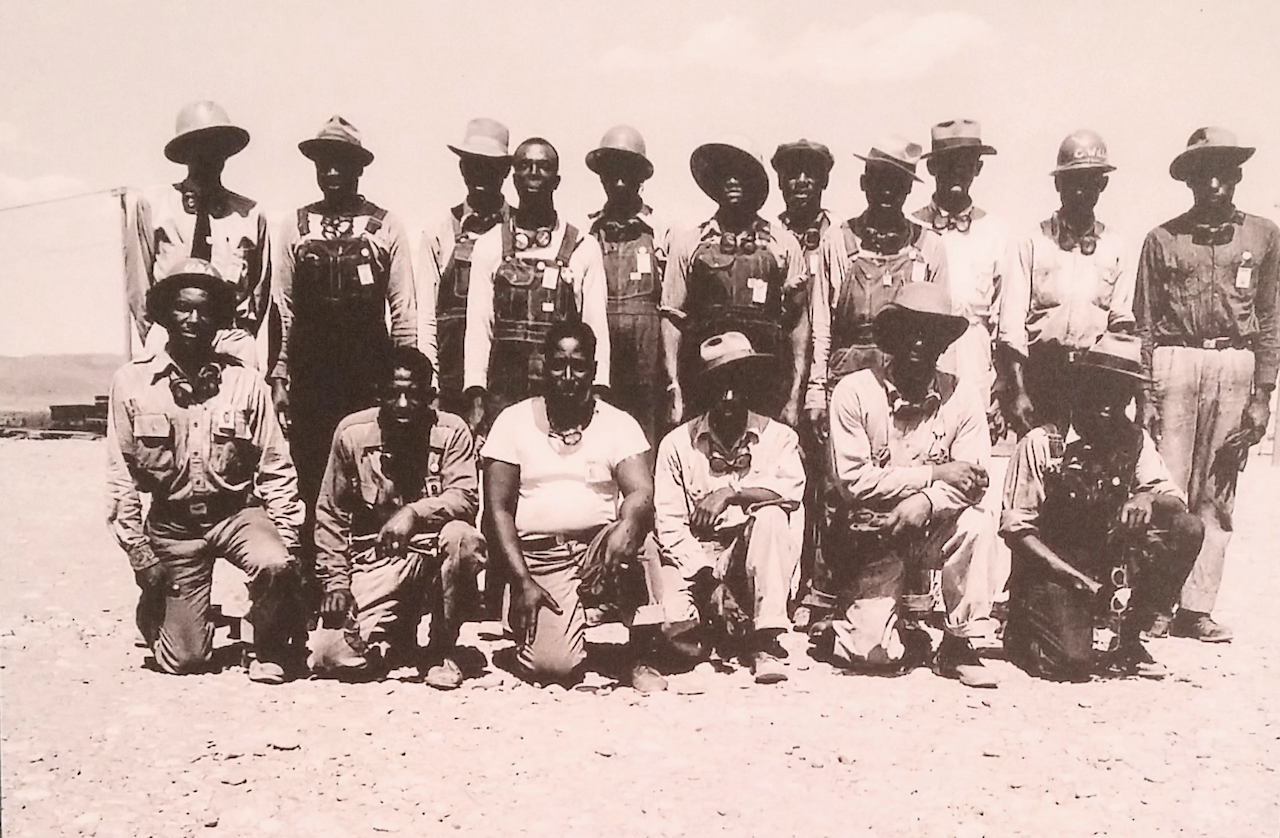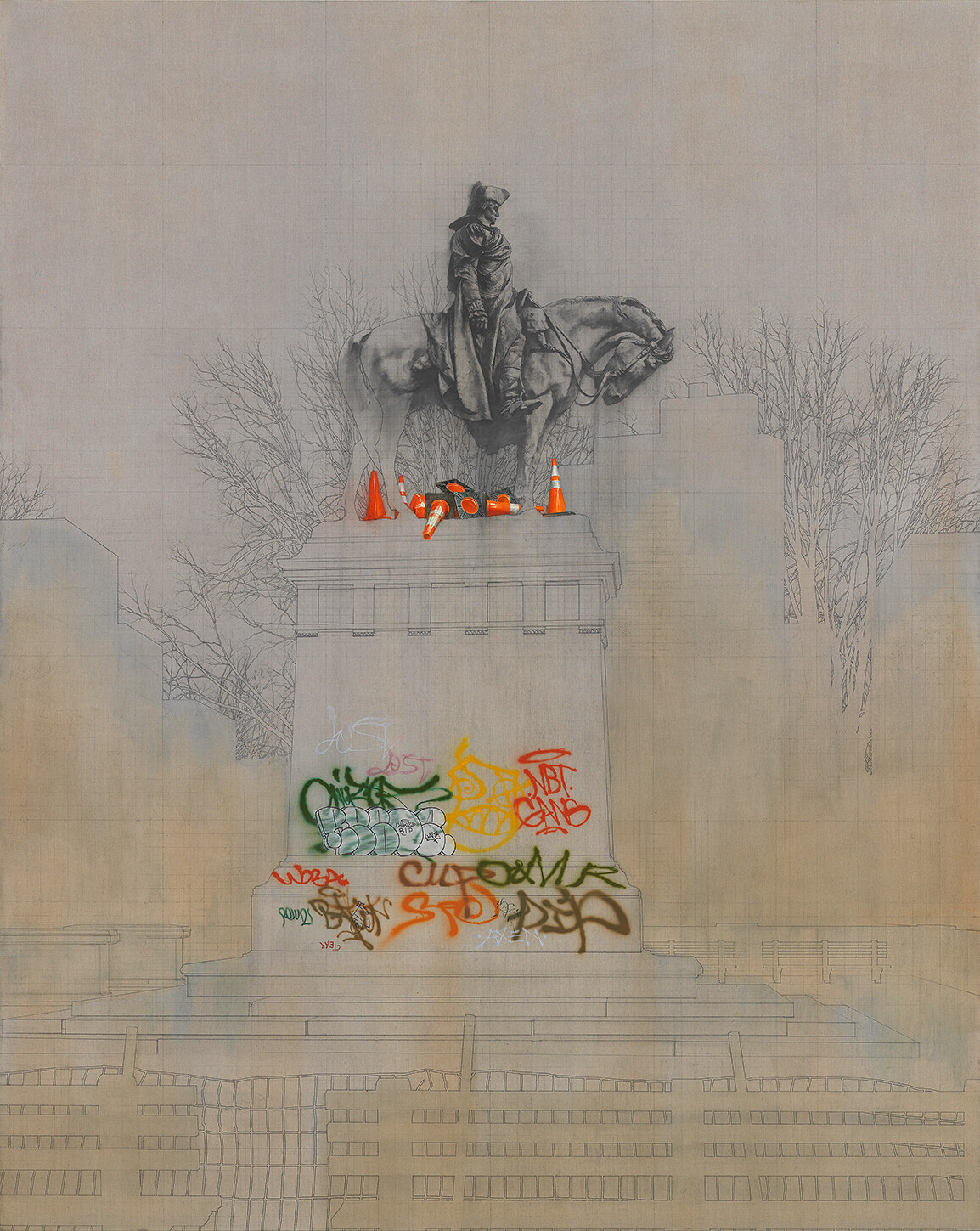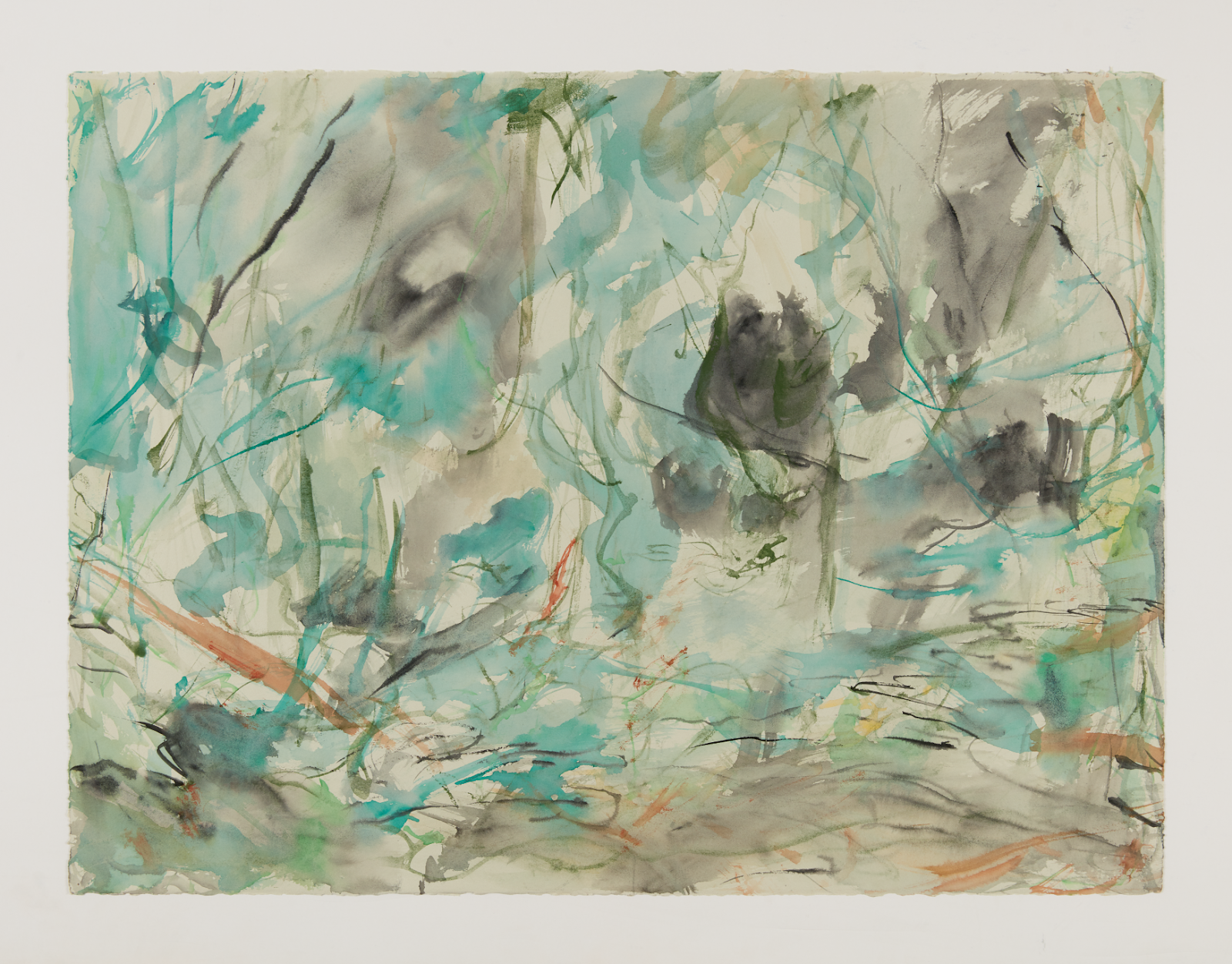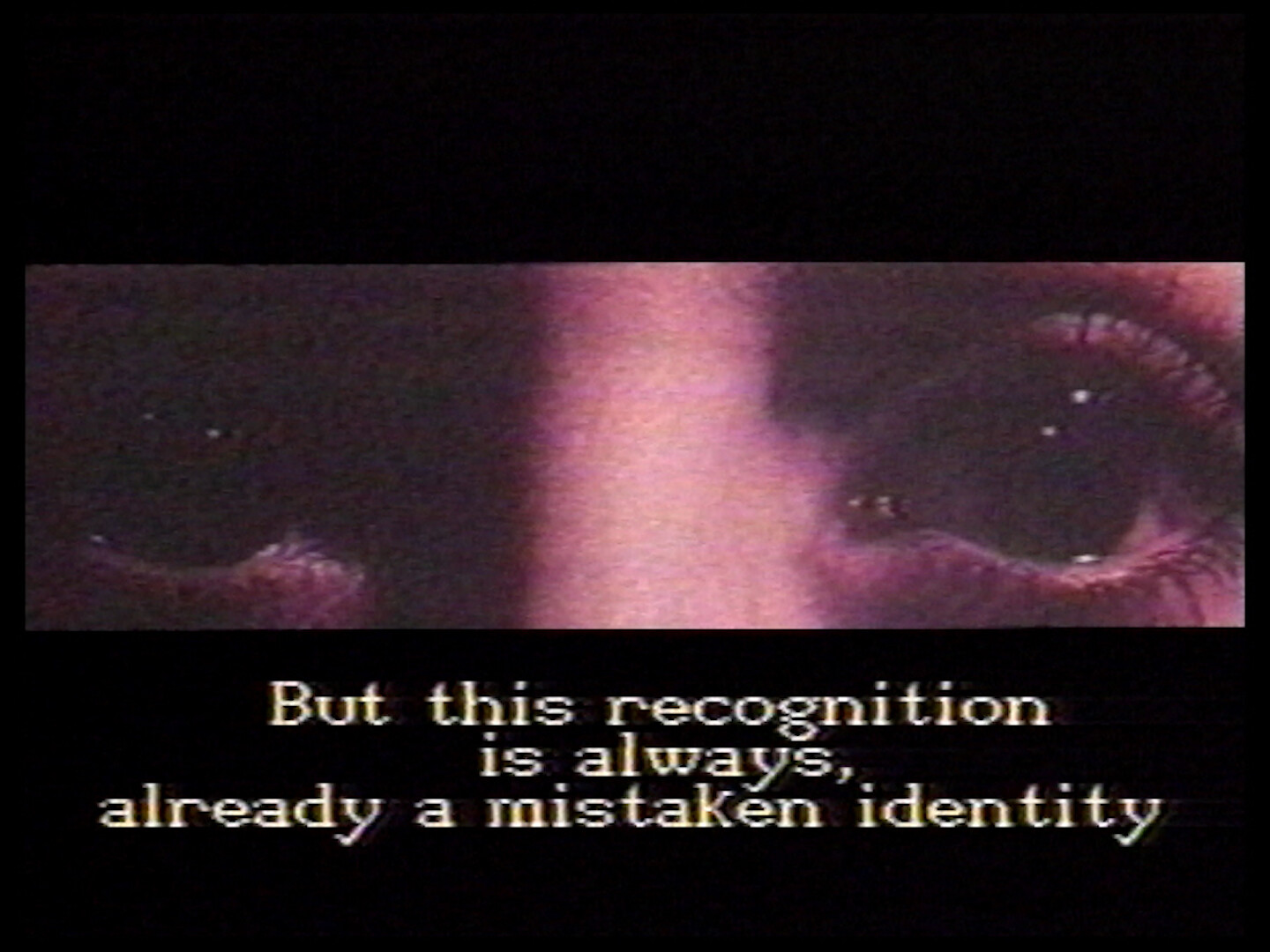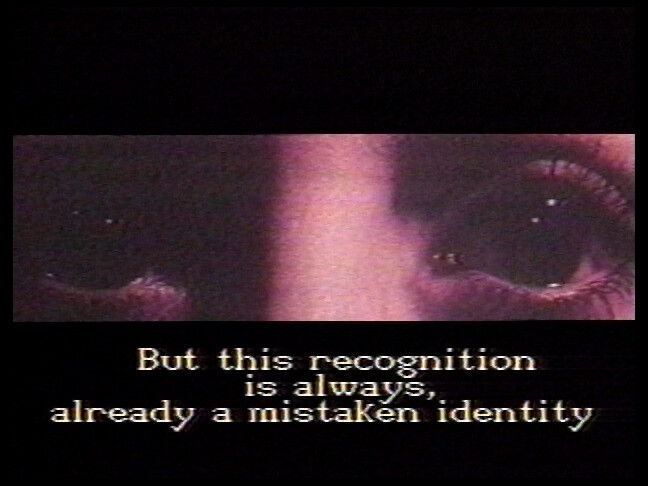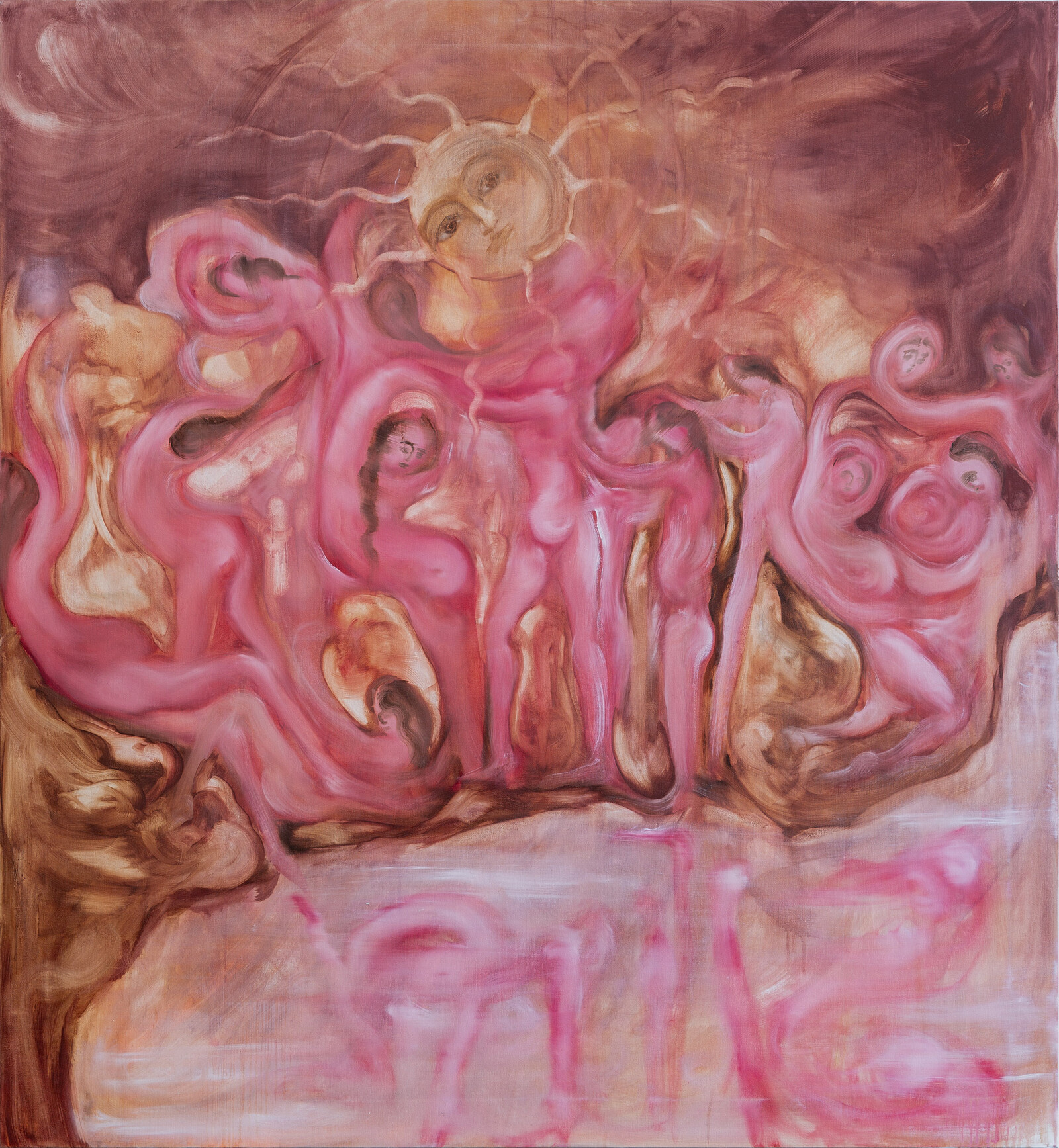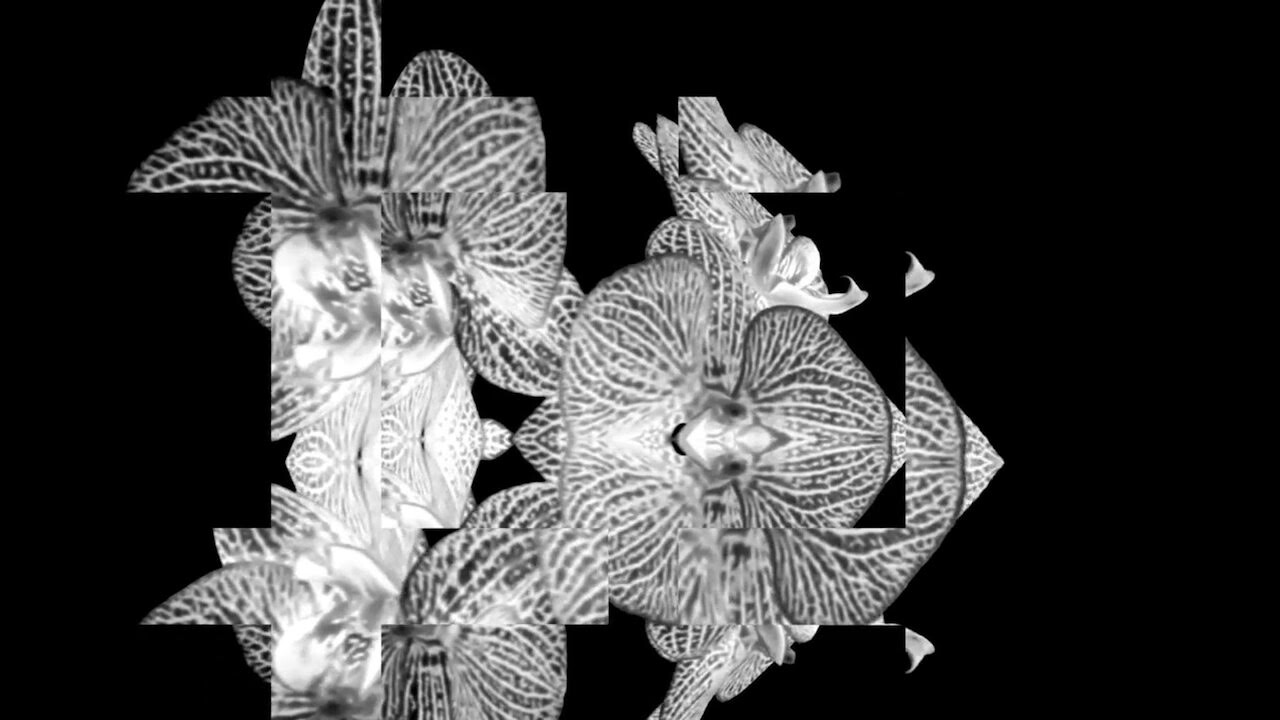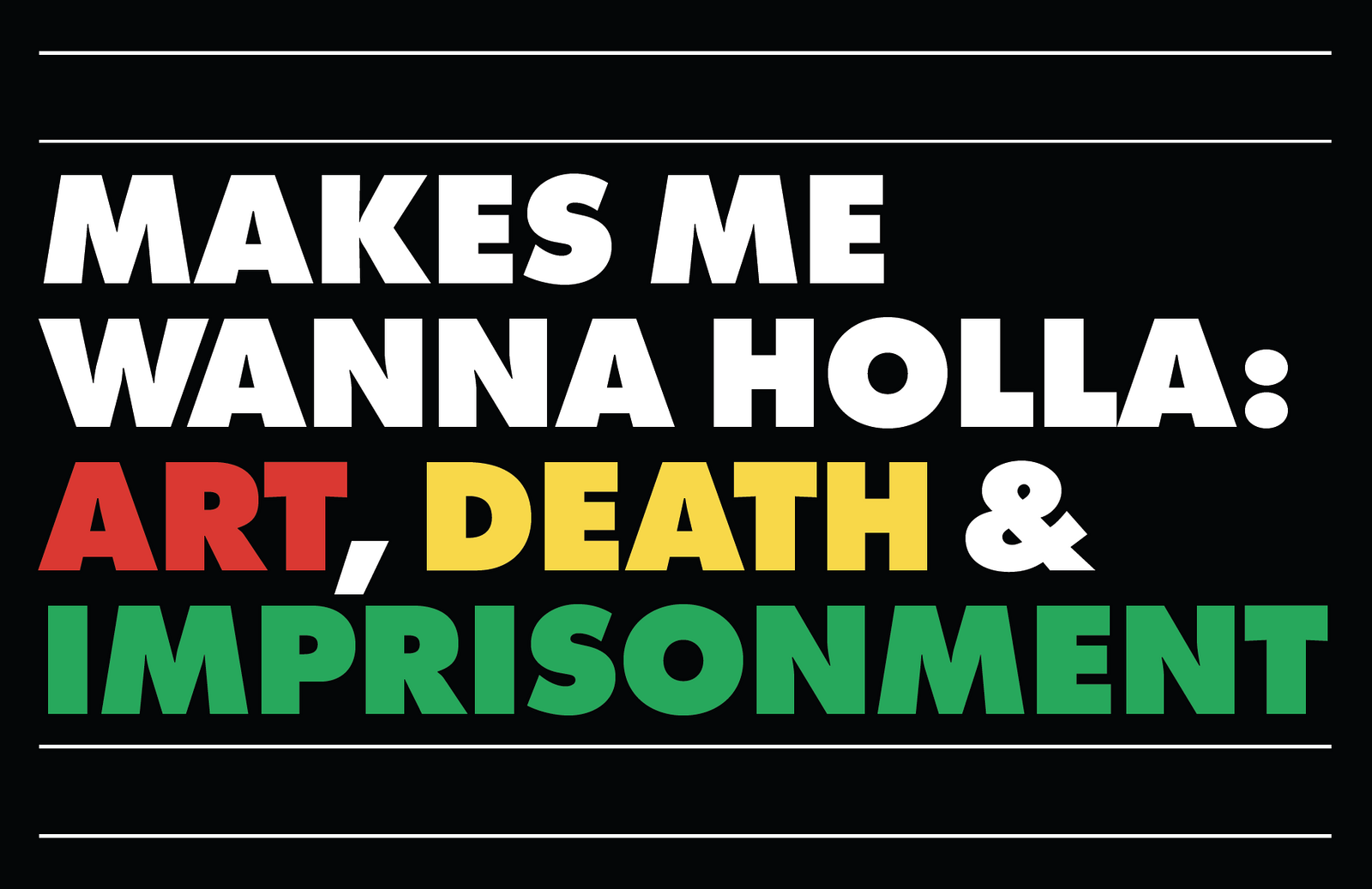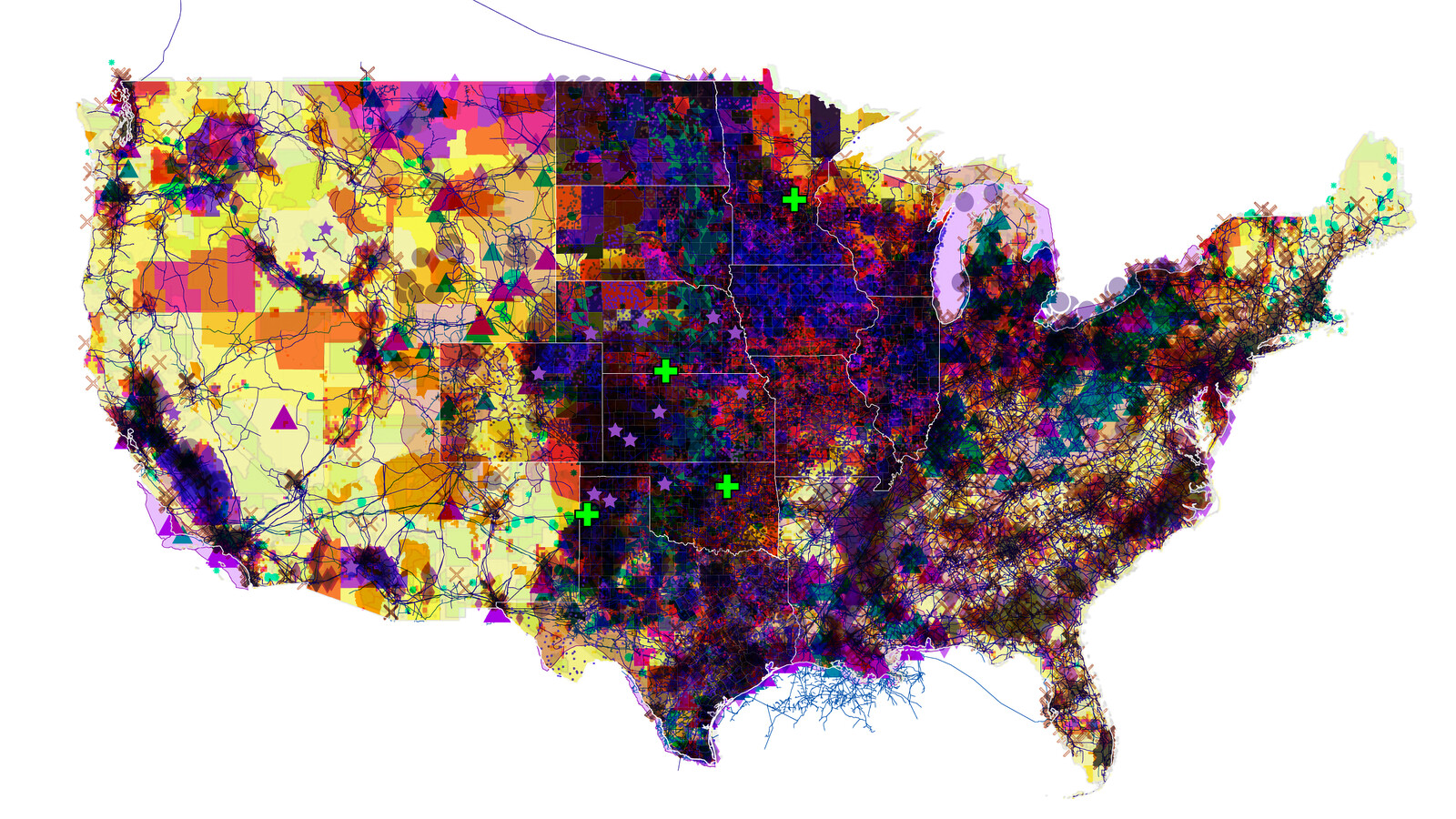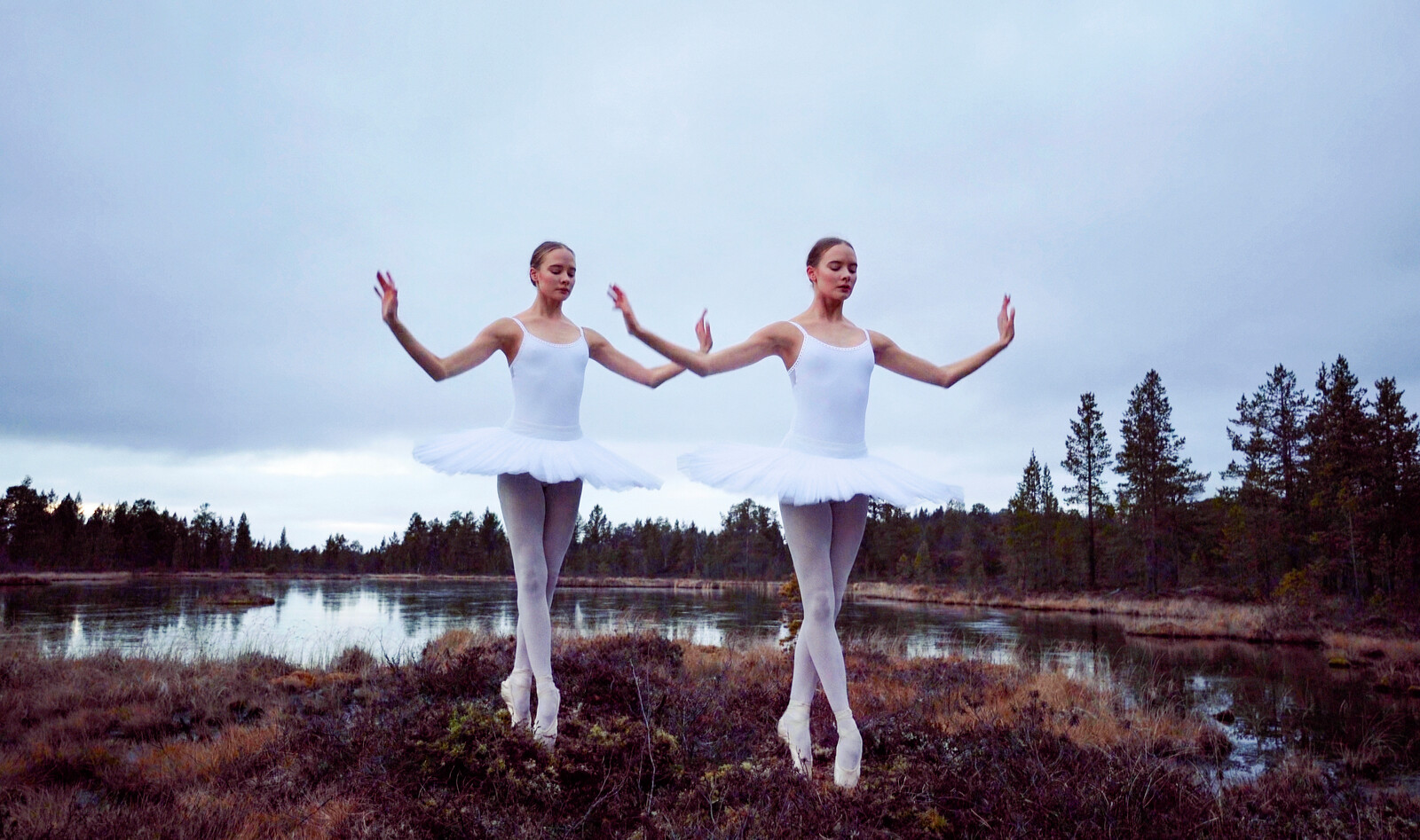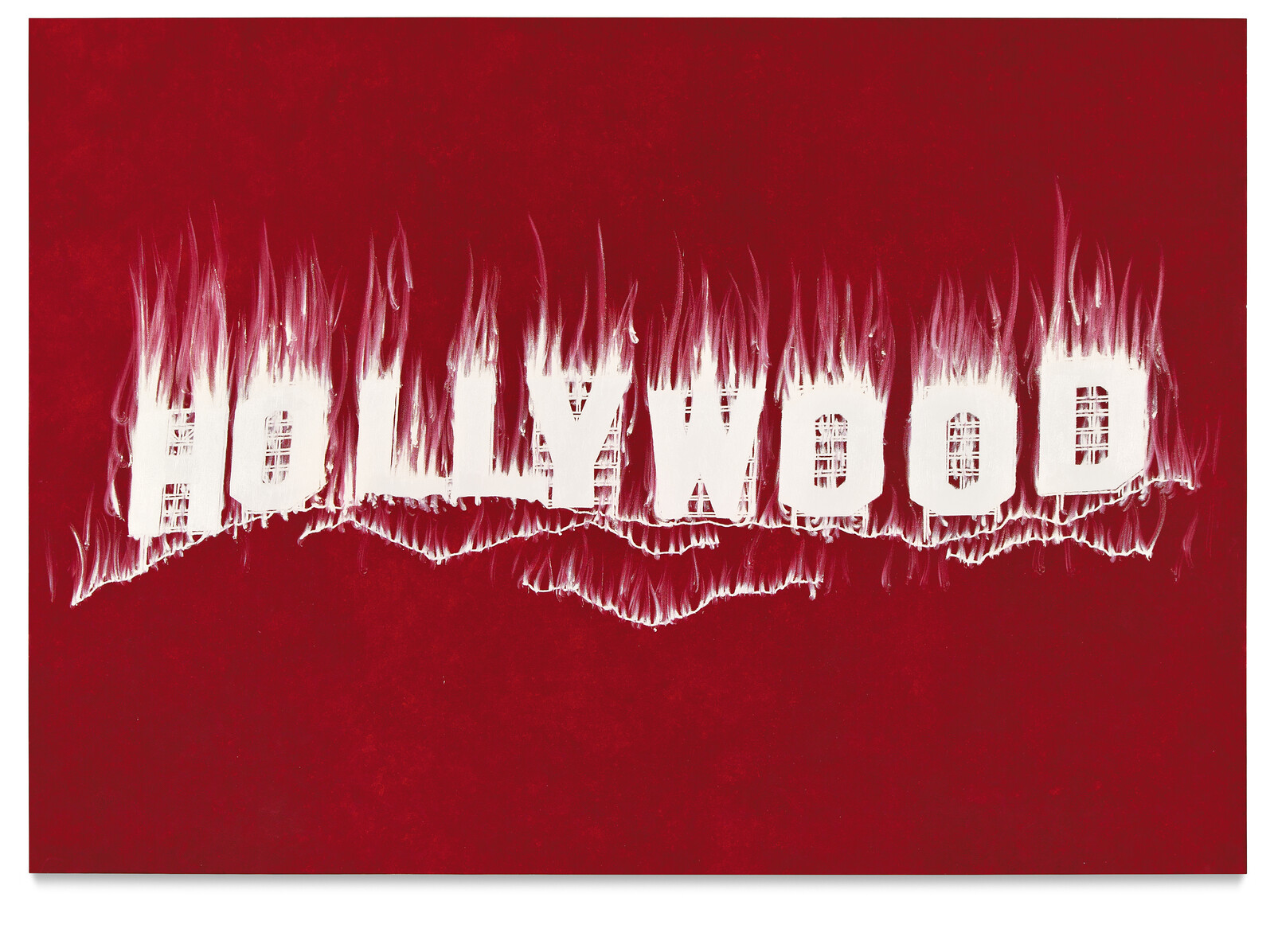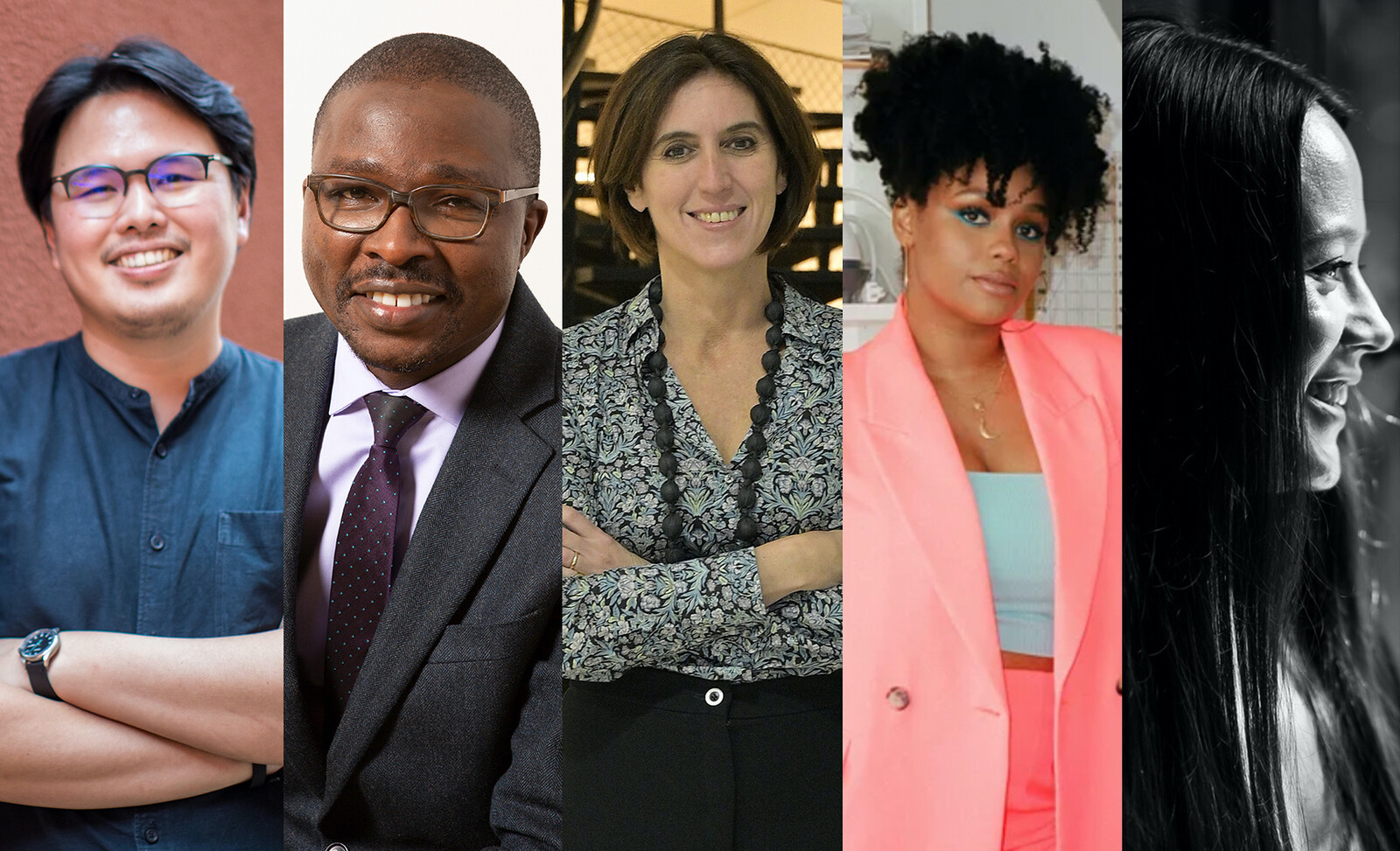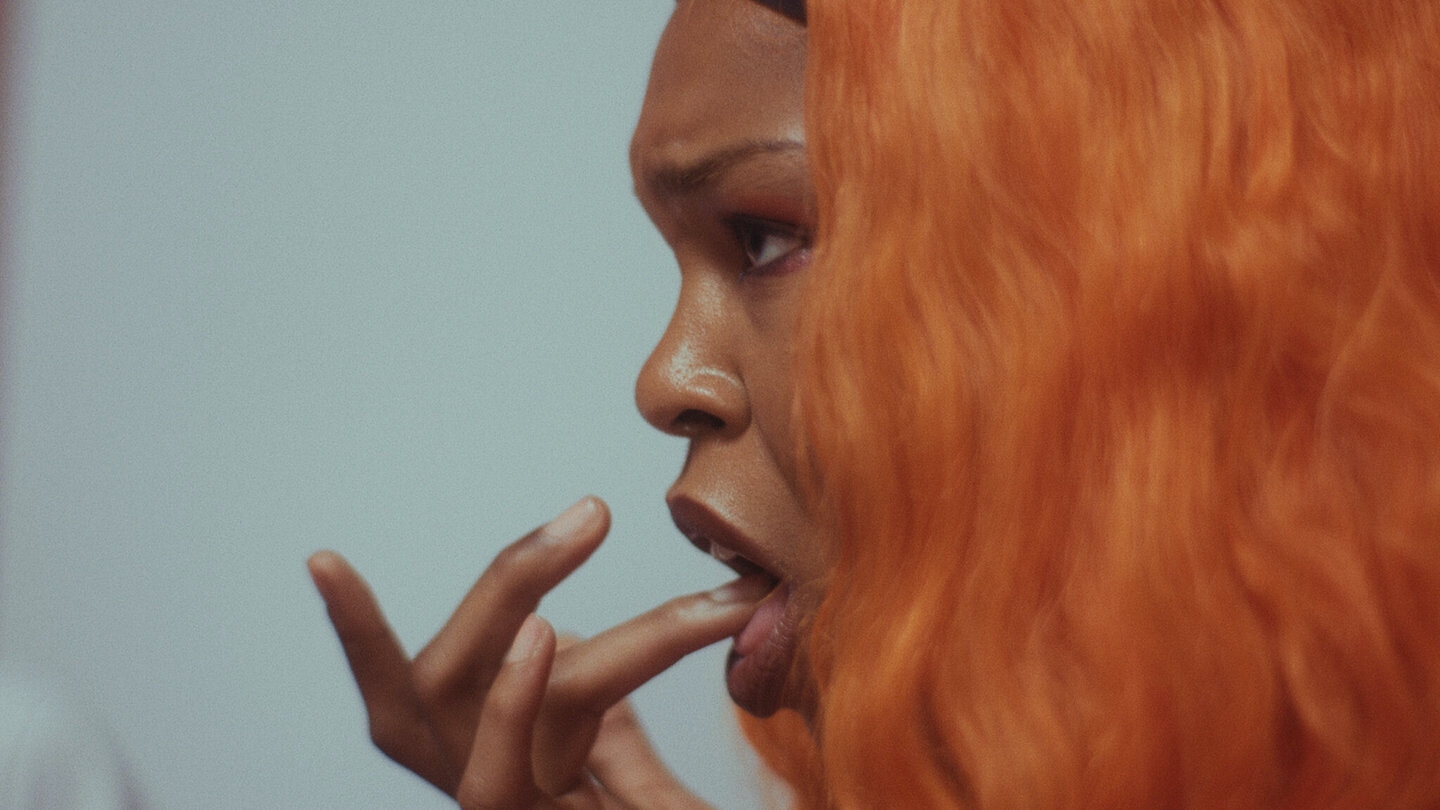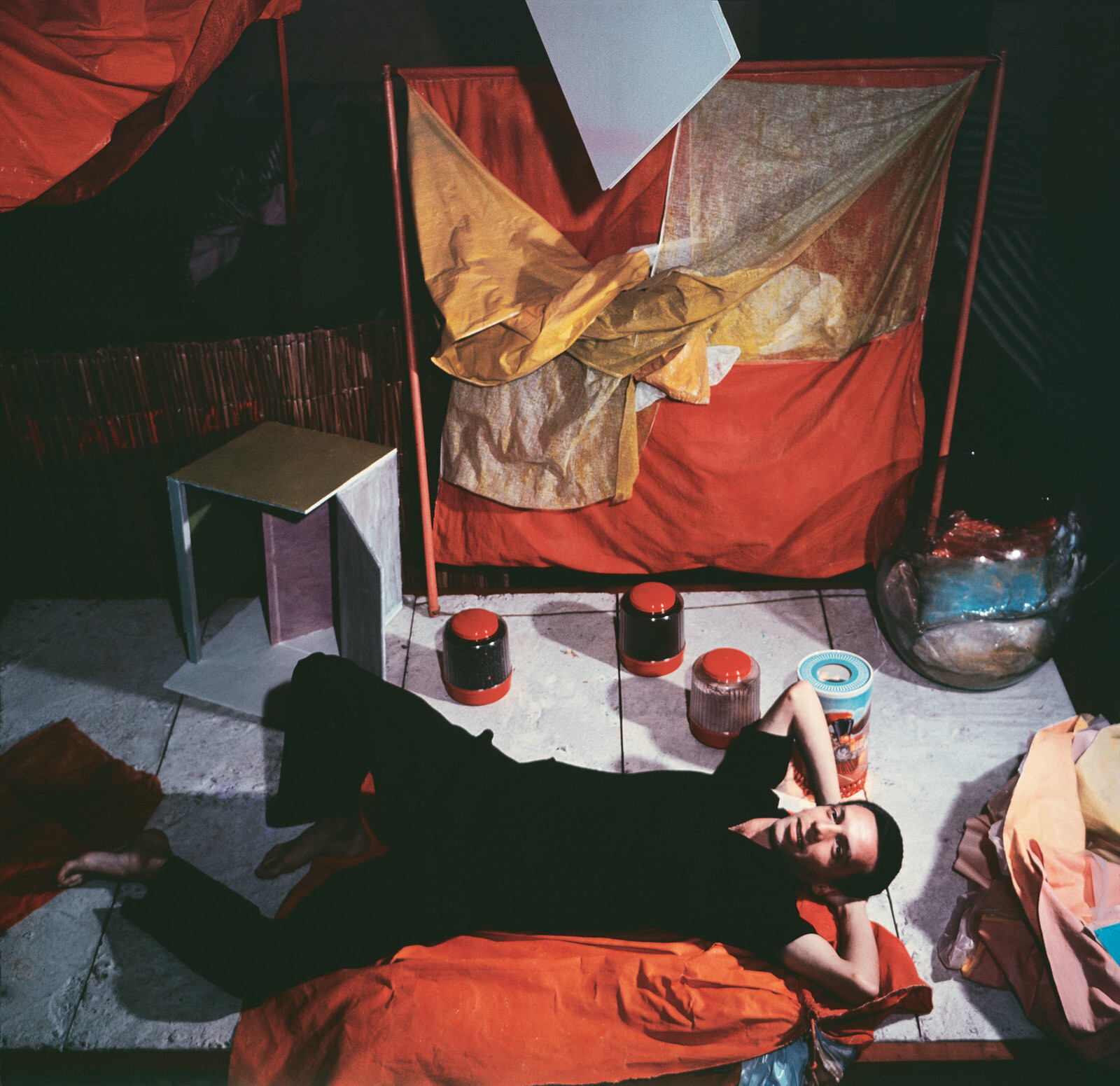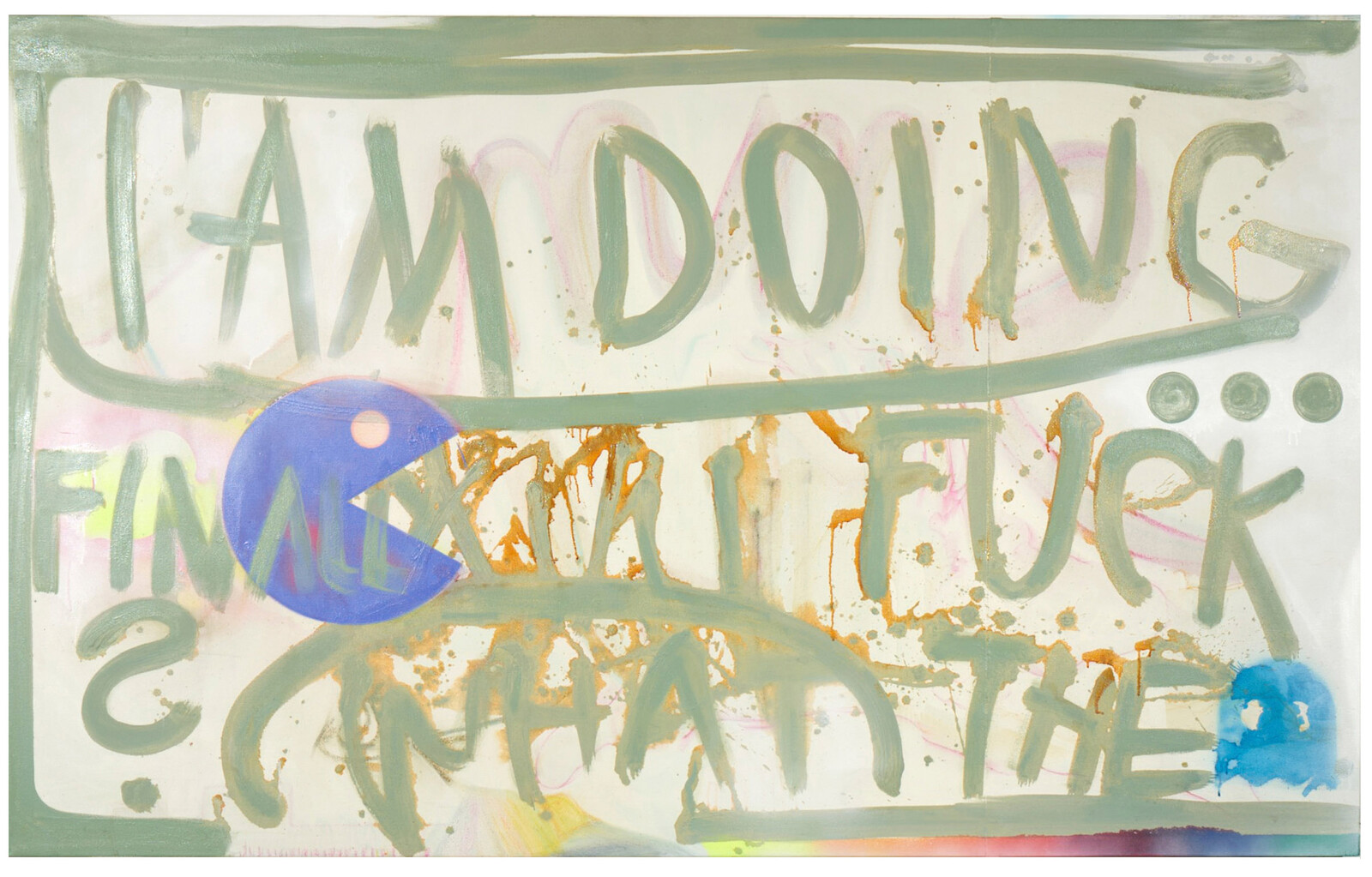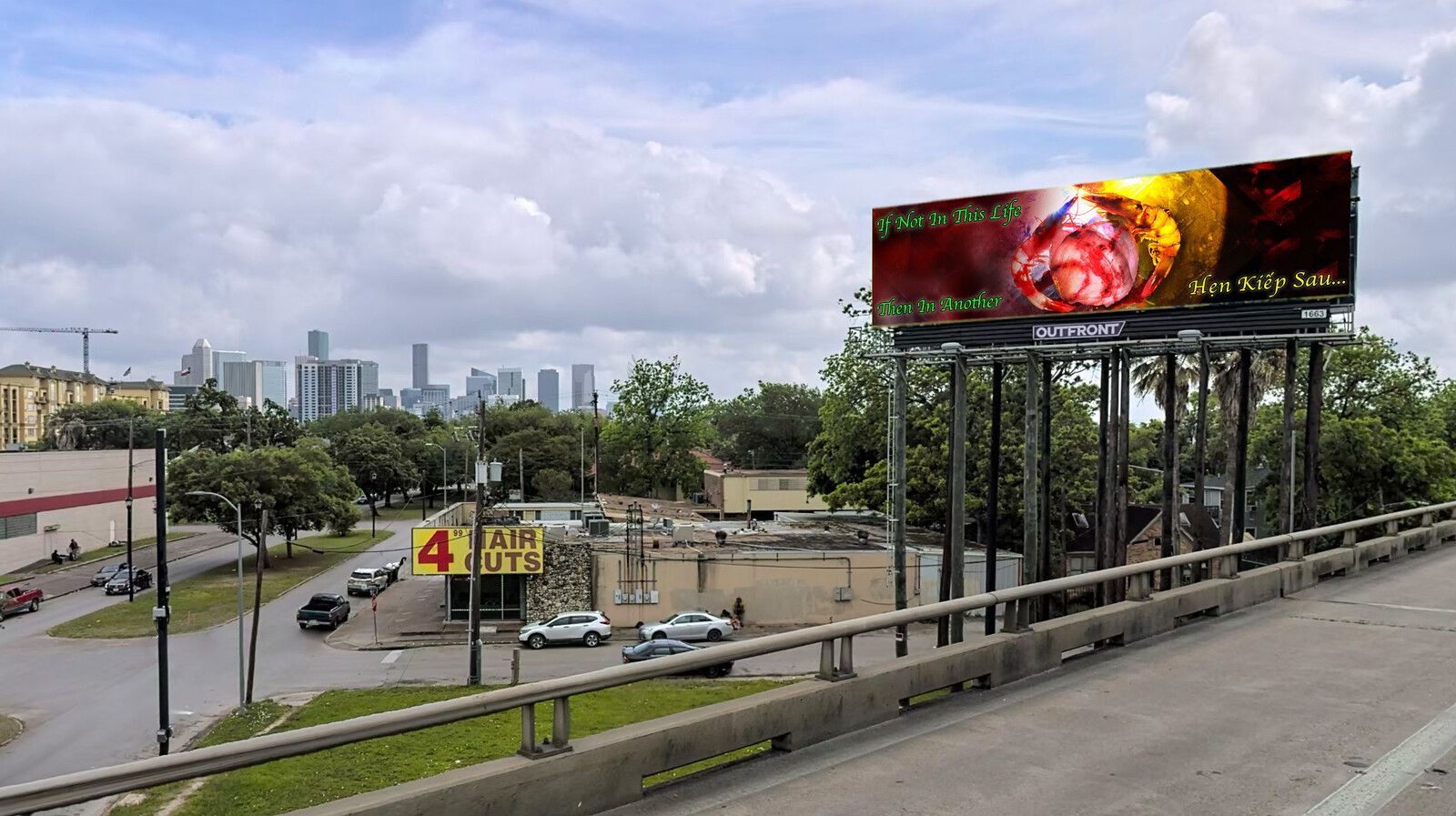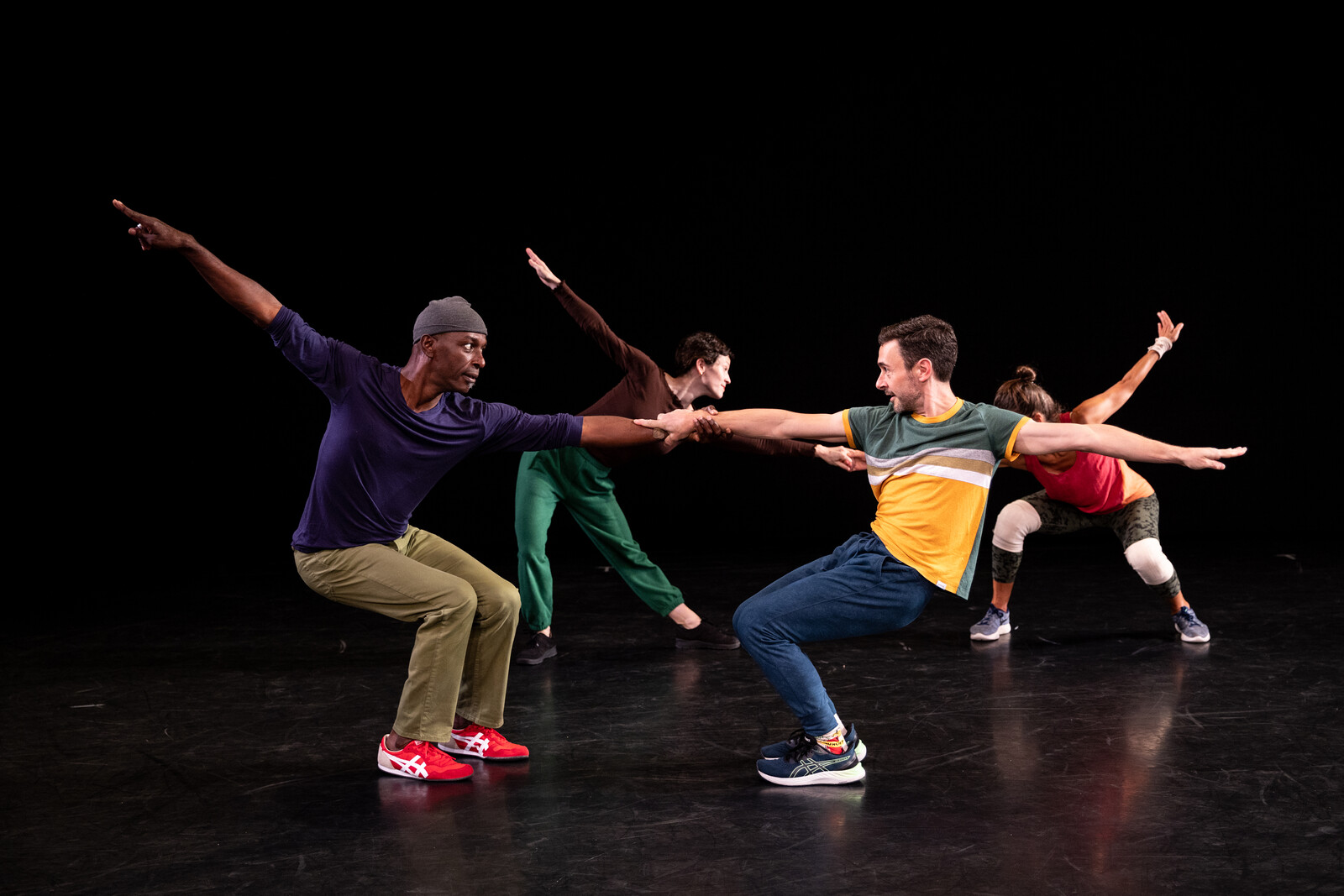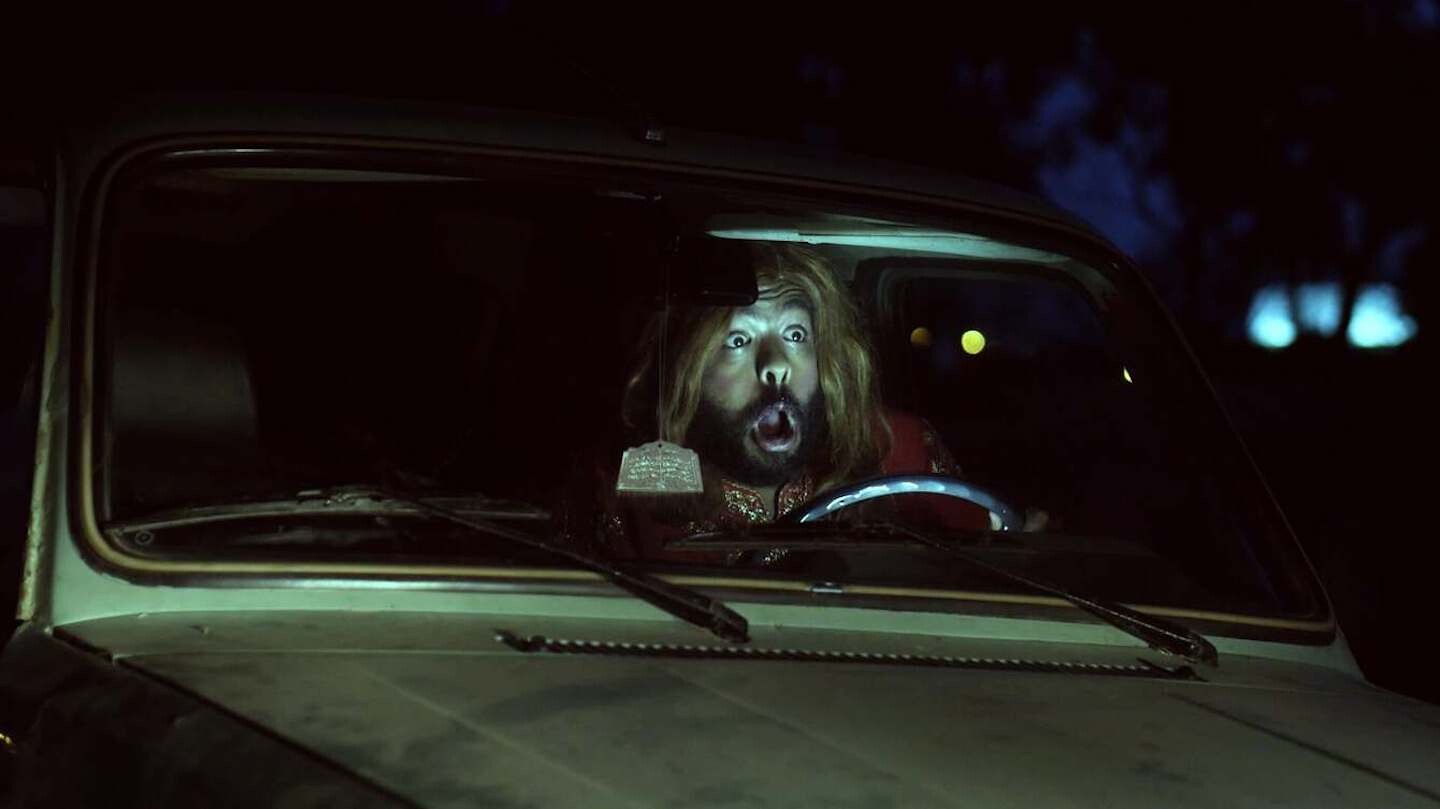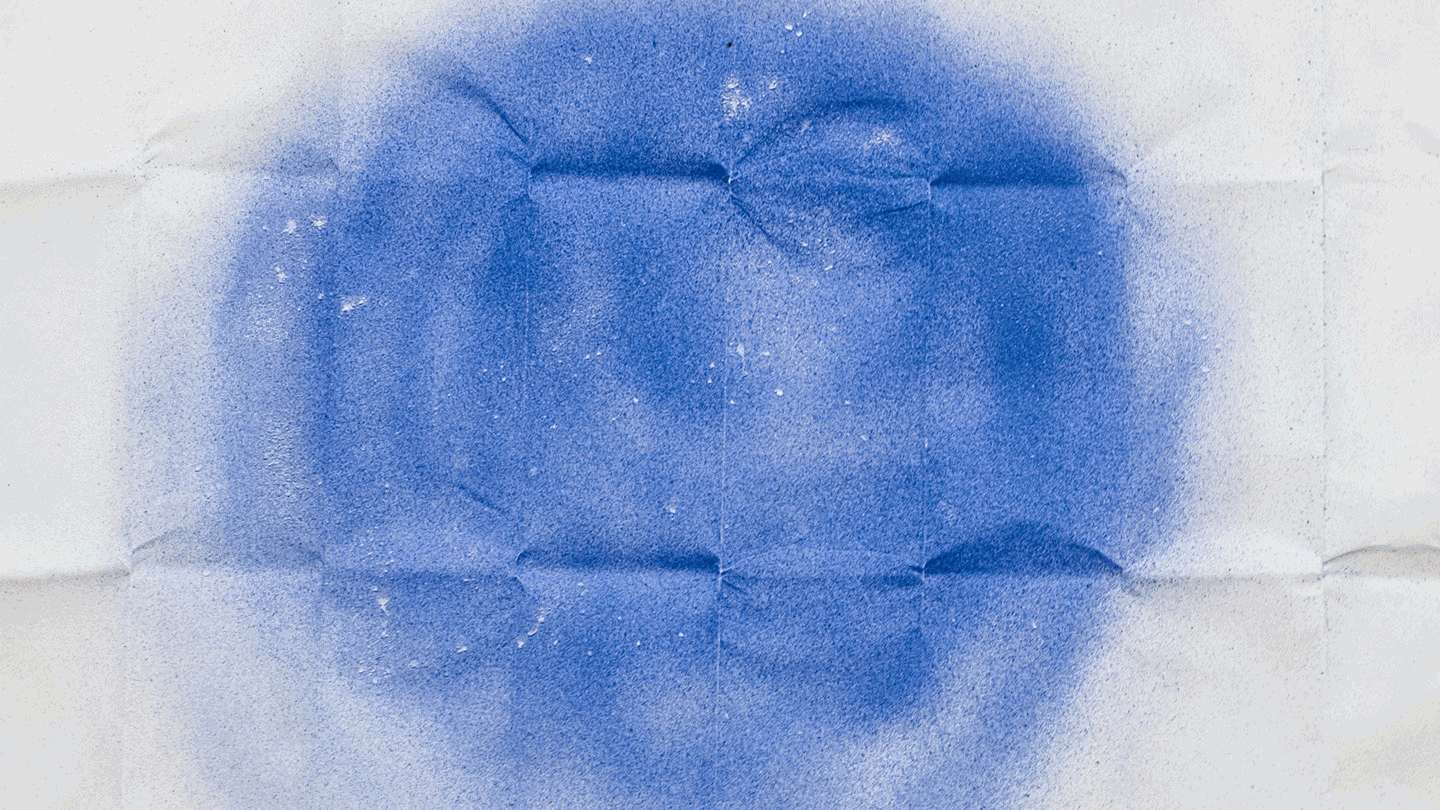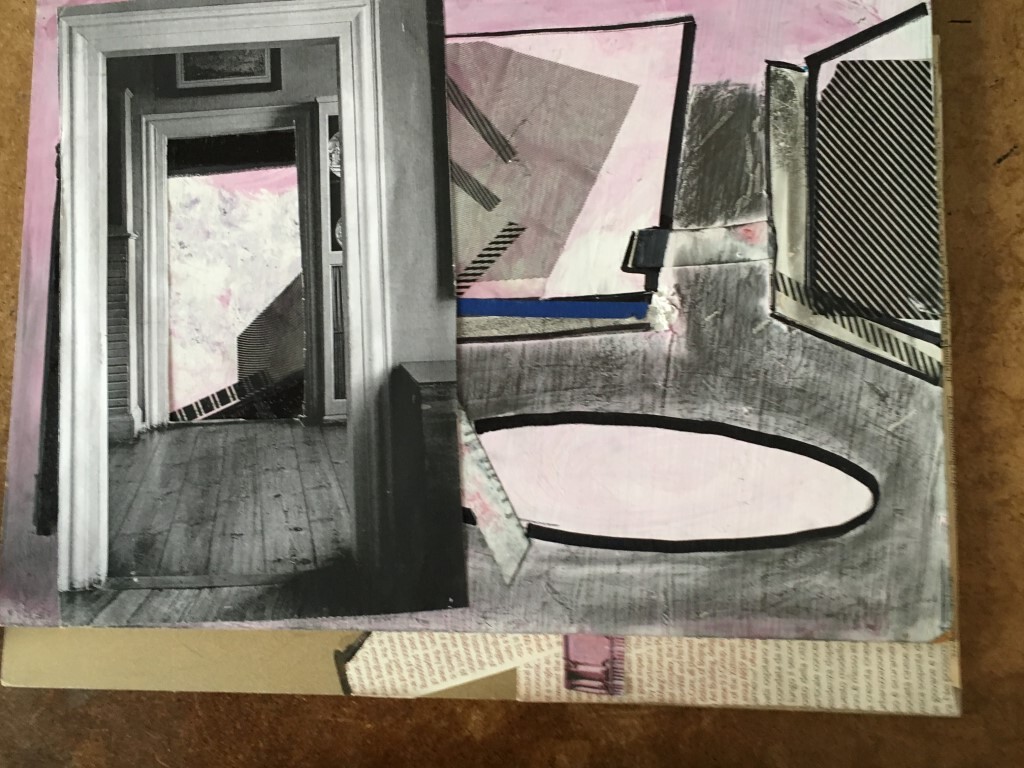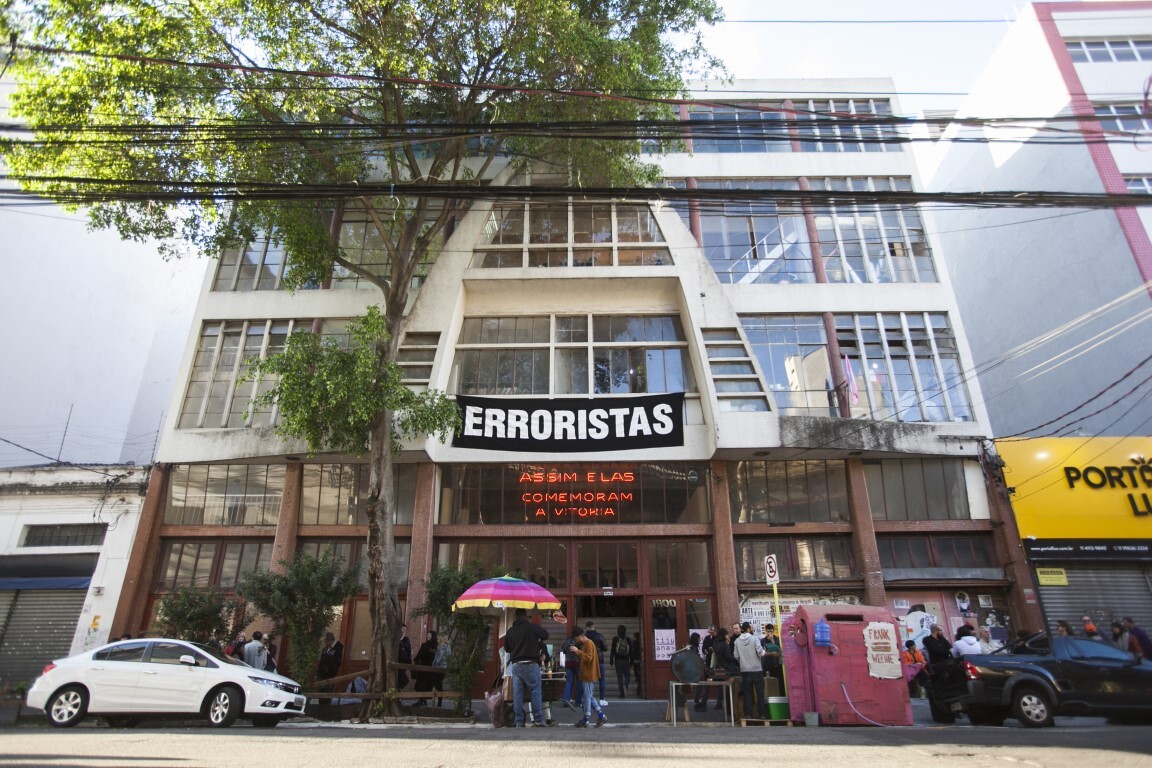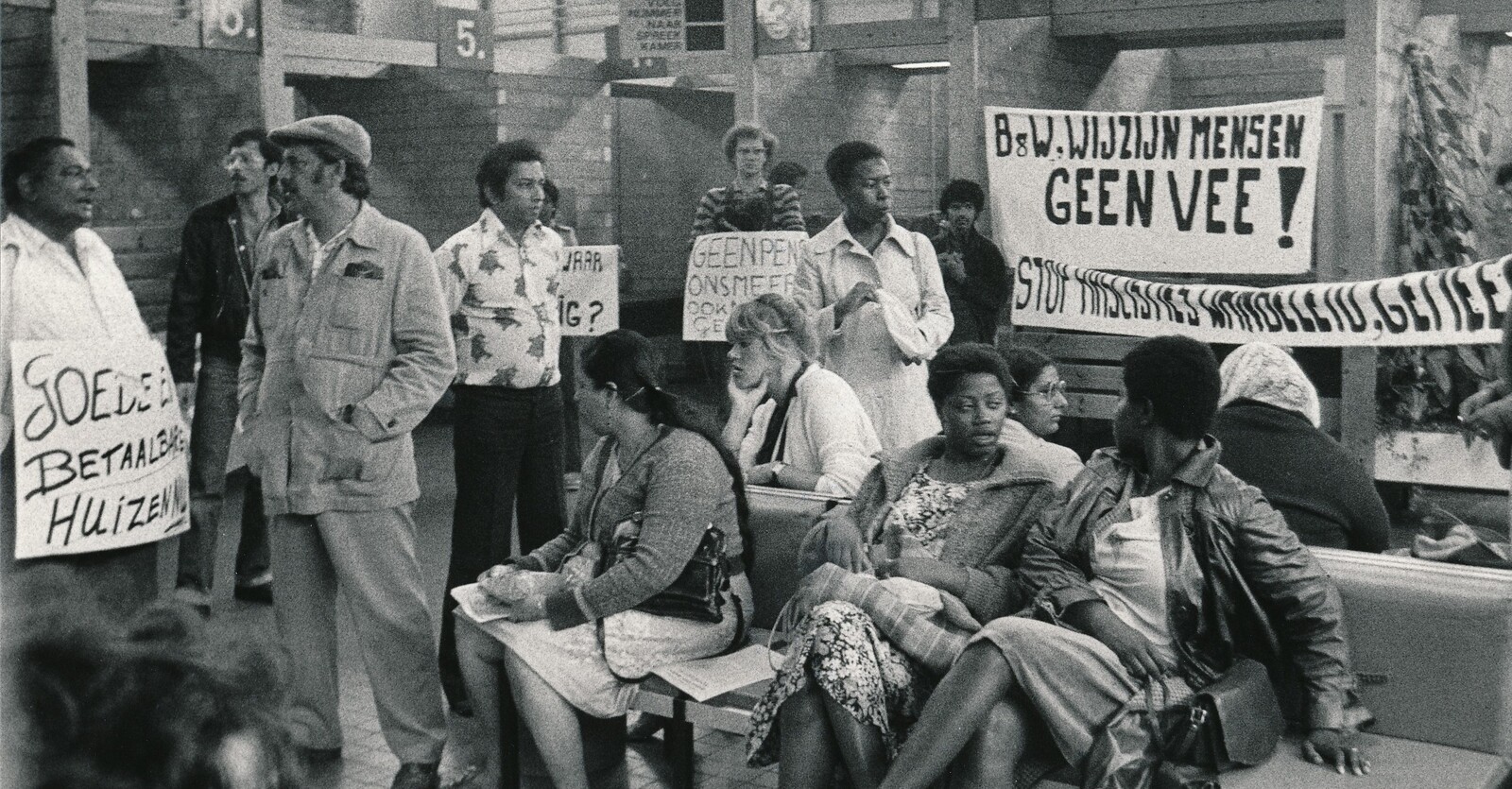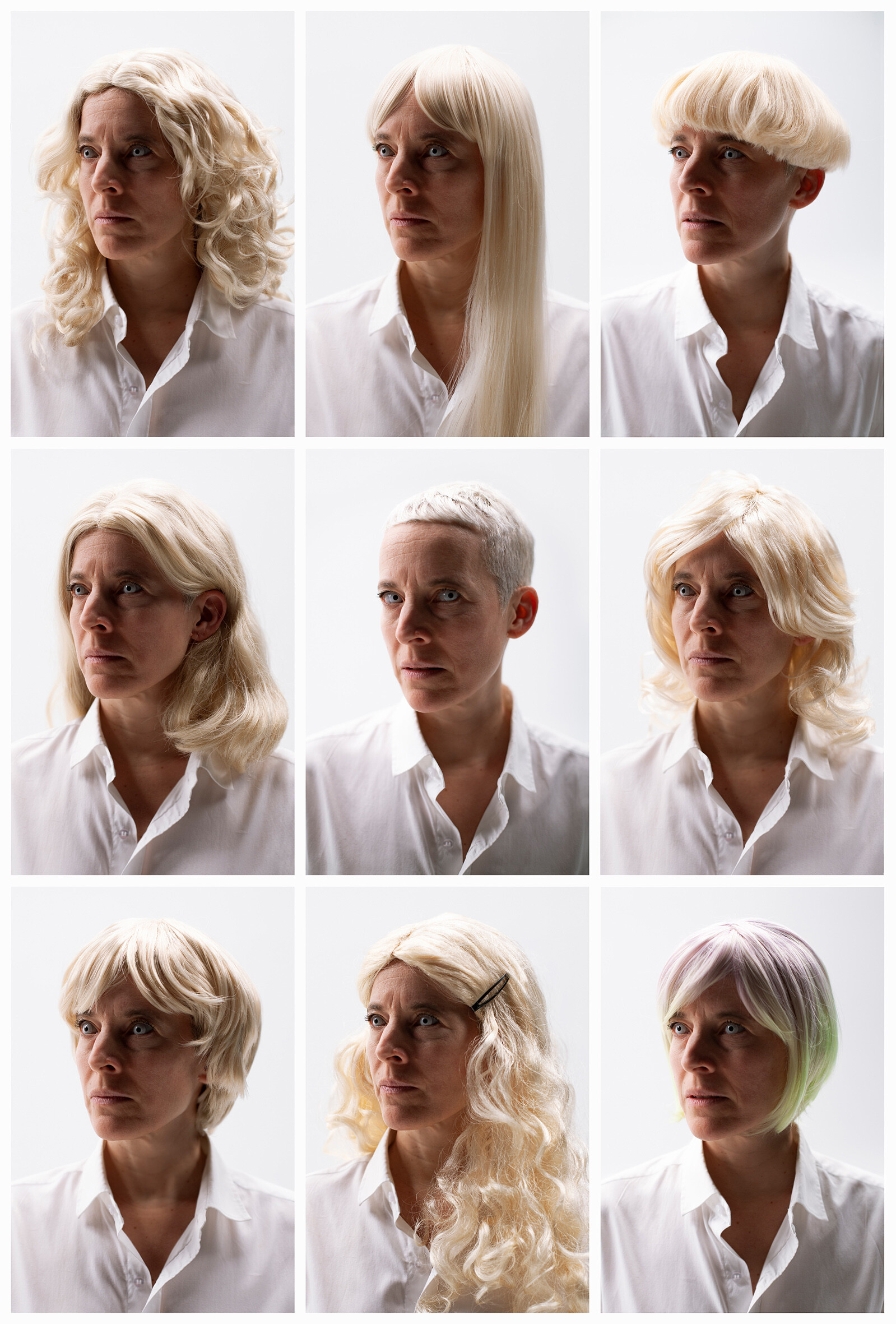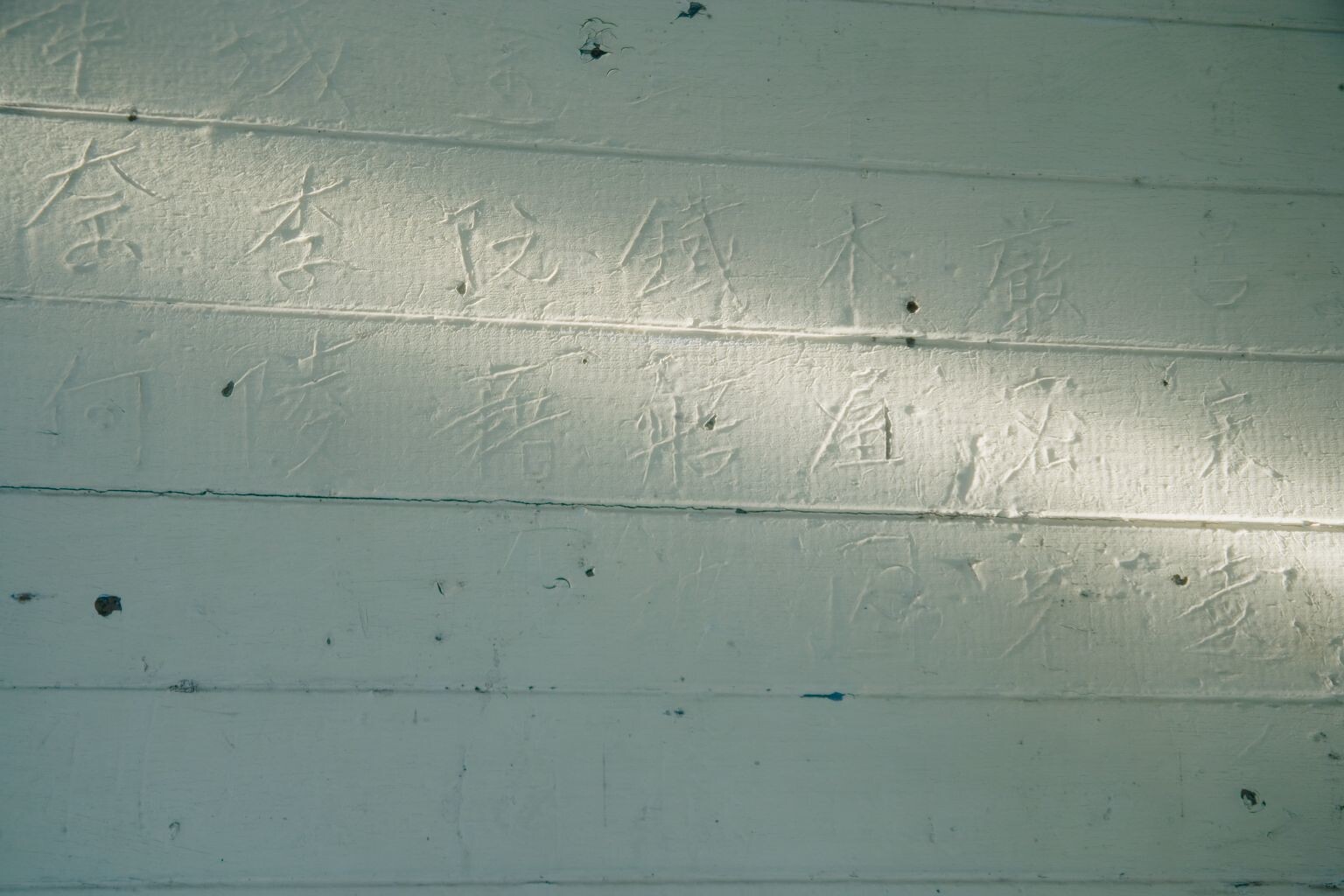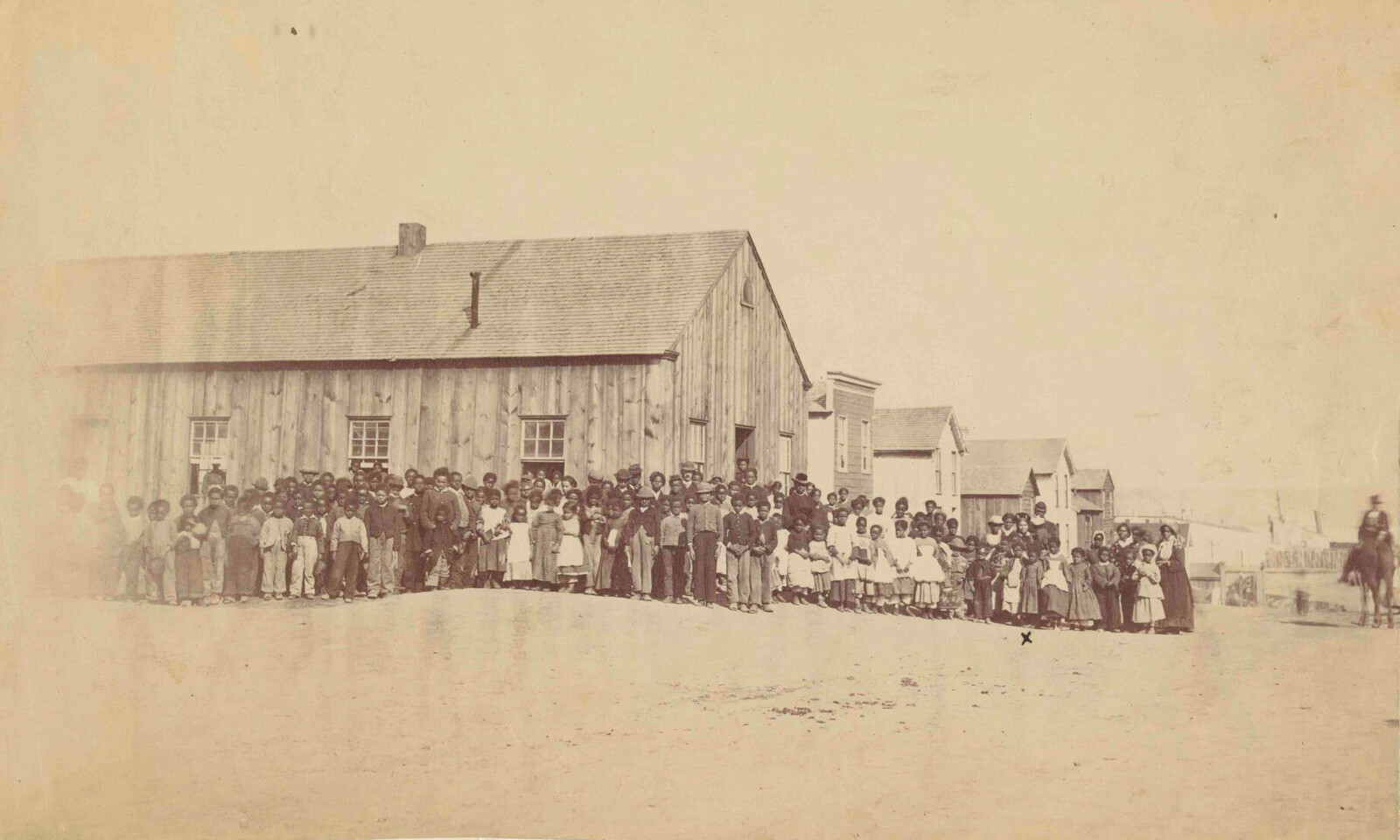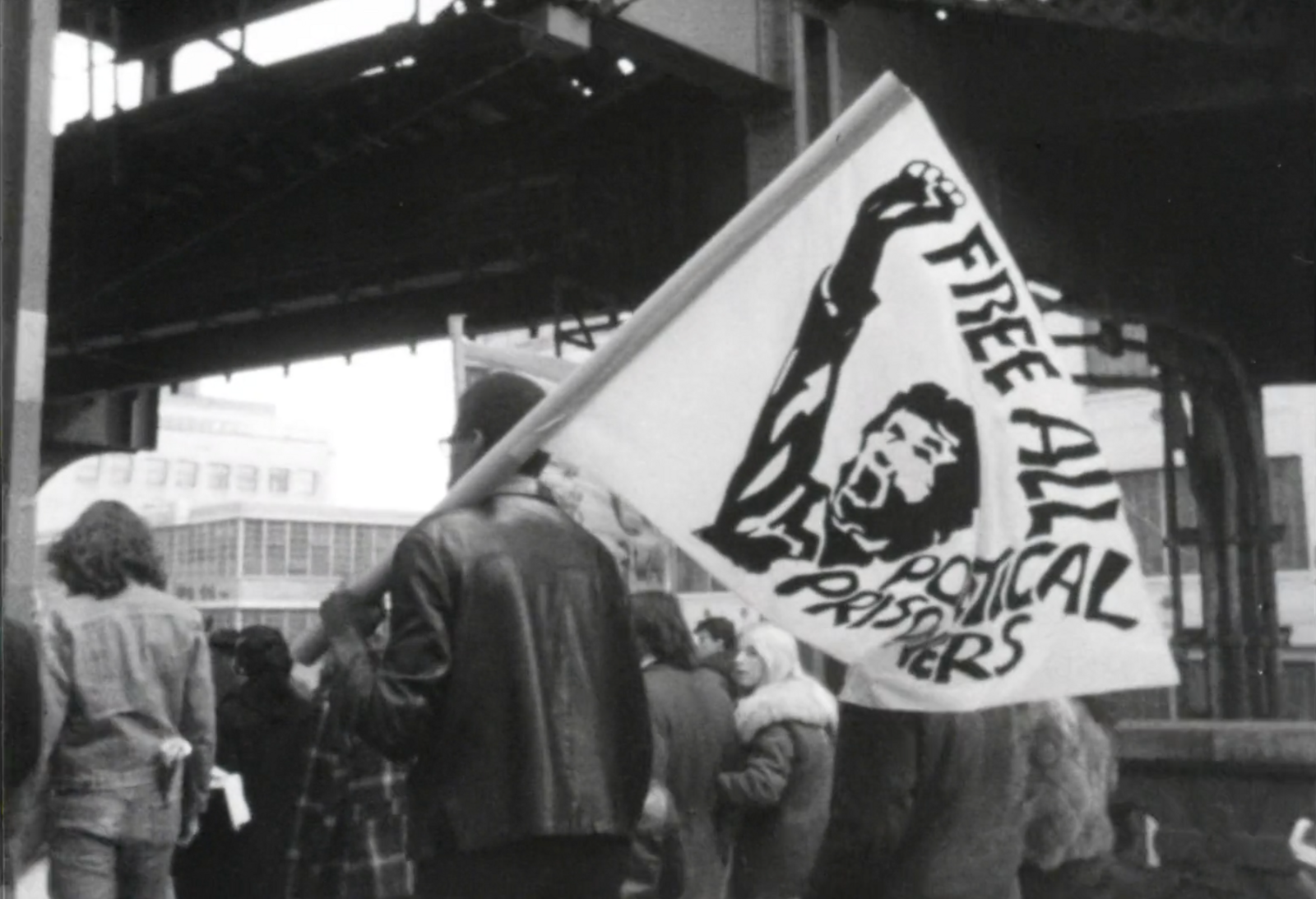Categories
Subjects
Artists, Authors, and Curators
Institutions
Locations
Types
Years
Sort by:
Filter
Done
158 documents
Alberto Toscano, Late Fascism
Alberto Toscano
e-flux Events
Posted: December 12, 2023
Category
Fascism, Colonialism & Imperialism, Capitalism
Subjects
Racism, Black Power
How to Haunt Oppenheimer and Black Hanford
Charles Tonderai Mudede
e-flux Notes
Posted: November 21, 2023
Subjects
Nuclear War, Racism, USA, Japan, Blackness
Goldsmiths Centre for Contemporary Art
Esteban Jefferson: May 25th, 2020 / Karrabing Film Collective: Night Fishing with Ancestors
e-flux Announcement
Posted: September 18, 2023
Category
Colonialism & Imperialism
Subjects
Monuments, Racism
Institution
Georgetown University Art Galleries
Kara Walker: Back of Hand and Prince McVeigh and the Turner Blasphemies
e-flux Education
Posted: September 7, 2023
Category
Drawing
Subjects
Racism, History
e-flux
Staff Picks: Tony Cokes
e-flux Announcement
Posted: September 1, 2023
Category
Race & Ethnicity, Film
Subjects
Video Art, Racism, Experimental Film
Institution
e-flux Film
Category
Film
Subjects
Racism, Blackness, Video Art, USA, Whiteness
e-flux Notes
Recent essays
e-flux Announcement
Posted: August 10, 2023
Subjects
Racism, Autonomy, Ukraine, Film Notes, Memorials & Obituaries
Institution
Every Straw Is a Straw Too Much: On the Psychological Burden of Being Racialized While Doing Art
Bonaventure Soh Bejeng Ndikung
e-flux Notes
Posted: June 29, 2023
Category
Contemporary Art
Subjects
Racism, Mental Health
Logan Center Exhibitions
Makes Me Wanna Holla: Art, Death & Imprisonment
e-flux Announcement
Posted: June 22, 2023
Subjects
Art Activism, Police & Prisons, Racism, Blackness
Institution
Keller Easterling, “Trust Land”
Keller Easterling
e-flux Events
Posted: June 6, 2023
Category
Architecture, Land & territory, Human and Civil Rights
Subjects
Climate change, Racism, Decolonization, USA
Kunsthaus Hamburg
SPEAKING BACK
e-flux Announcement
Posted: June 1, 2023
Category
Colonialism & Imperialism
Subjects
Scandinavia, Germany, Racism
Institution
Museum of Contemporary Art
Gary Simmons: Public Enemy
e-flux Announcement
Posted: May 22, 2023
Subjects
Racism, Conceptual & Post-Conceptual Art, Identity Politics, Subcultures & Countercultures
Institution
School of the Art Institute of Chicago
Toward an Anti-Racist Art Ecosystem
e-flux Education
Posted: May 12, 2023
Category
Education
Subjects
Racism
Magasin CNAC
Spring 2023 exhibition programme
e-flux Announcement
Posted: March 31, 2023
Category
Religion & Spirituality, Film
Subjects
Diaspora, Racism
Institution
Martine Syms, The African Desperate
Martine Syms
e-flux Events
Posted: March 21, 2023
Category
Film, Education, Contemporary Art
Subjects
Racism, Blackness, Humor & Comedy
De La Warr Pavilion
Exhibitions programme 2023
e-flux Announcement
Posted: February 23, 2023
Category
Sculpture, War & Conflict
Subjects
Queer Art & Theory, Documentary, Racism
Institution
Kunstraum Innsbruck
2023 program
e-flux Announcement
Posted: January 18, 2023
Category
Capitalism, Education
Subjects
Collaboration, Slavery, Racism
Institution
Contemporary Arts Museum Houston
Diane Severin Nguyen: Not in this life
e-flux Announcement
Posted: January 3, 2023
Category
Migration & Immigration
Subjects
Public Art, Racism
Institution
Staatliche Kunsthalle Baden-Baden
Yvonne Rainer : HELLZAPOPPIN’—What about the bees?
e-flux Announcement
Posted: December 8, 2022
Category
Dance, Performance, Film
Subjects
Choreography, Racism
Institution
e-flux Film
Category
Film, Migration & Immigration
Subjects
Video Art, Humor & Comedy, Science Fiction, Europe, Racism
Bergen Kunsthall
D Harding: We breathe together / Cassandra Press: On Self-Defense
e-flux Announcement
Posted: November 5, 2022
Subjects
Indigenous Art, Folklore & Tradition, Publishing, Racism, Blackness
Institution
Who Is Anti-Semitic?
Franco “Bifo” Berardi
e-flux Notes
Posted: July 25, 2022
Category
Contemporary Art
Subjects
Racism
e-flux Notes
Posted: July 20, 2022
Category
Contemporary Art
Subjects
Racism
Architecture Essay
Posted: July 19, 2022
Category
Migration & Immigration
Subjects
Housing & Real Estate, Racism, Protests & Demonstrations, Decolonization, Citizenship, History
Museum Folkwang
Candice Breitz: Whiteface
e-flux Announcement
Posted: June 15, 2022
Category
Race & Ethnicity, Photography
Subjects
Video Art, Racism
Institution
e-flux Announcement
Posted: May 30, 2022
Category
Architecture
Subjects
Racism, Terrorism, Violence
Institution
“The Finest Immigration Station in the World”
Jeremy Lee Wolin
Architecture Essay
Posted: May 18, 2022
Category
Architecture, Borders & Frontiers, Migration & Immigration, Race & Ethnicity
Subjects
Health & Disease, Racism, USA
Contagion on the Plantation
Edna Bonhomme
Architecture Essay
Posted: May 9, 2022
Category
Architecture, Race & Ethnicity
Subjects
Health & Disease, Illness, Slavery, USA, Racism
Fantasies of Whiteness
Fabiola López-Durán
Architecture Essay
Posted: April 26, 2022
Category
Architecture, Modernism, Colonialism & Imperialism, Bodies, Race & Ethnicity
Subjects
Racism, Health & Disease
e-flux Film
Category
Film, Human and Civil Rights
Subjects
Black Power, Africa, Black Studies, Racism, USA

